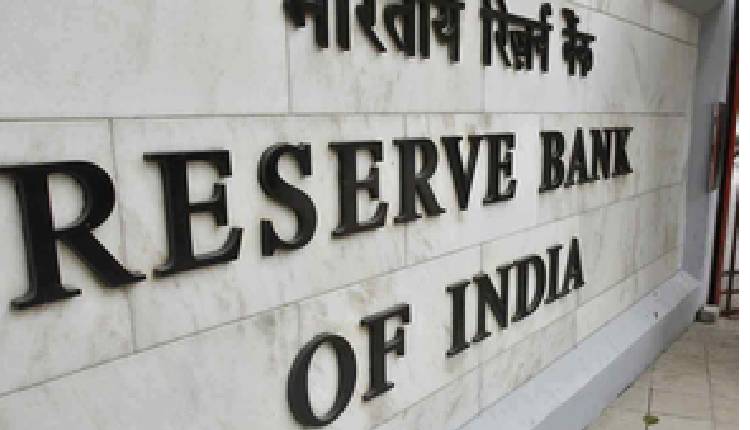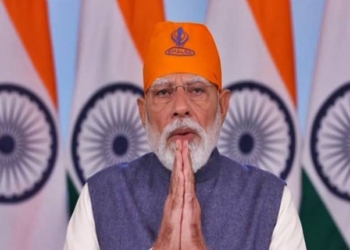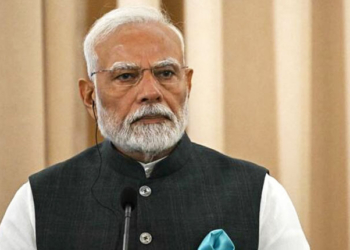Mumbai: The Reserve Bank of India (RBI) has got in touch with banks this week to understand the impact of its new liquidity coverage norms following concerns that the move would adversely impact the flow of credit in the economy.
Banks have provided some feedback, asked for deferment of the norms and alternative mechanisms to cope with the likely hit from these norms, according to an NDTV Profit report.
The move has been initiated at a time when Sanjay Malhotra has just taken over as the new Governor of the RBI succeeding Shaktikanta Das, who completed an extended tenure as head of the central bank in December.
Liquidity has already turned tight as the banking system was facing a deficit of over Rs 3 lakh crore on Thursday despite the daily variable repo rate auctions that the RBI has started carrying out last week.
The RBI had on July 25 issued a draft circular which will require banks to set aside more funds to cover their risks from April 1 this year.
The RBI said banking has undergone rapid transformation in recent years. While increased usage of technology has facilitated the ability to make instantaneous bank transfers and withdrawals, it has also led to a concomitant increase in risks, requiring proactive management. It has reviewed the Liquidity Coverage Ratio (LCR) framework to increase the resilience of banks.
Banks have been directed to assign an additional 5 per cent funds as a run-off factor for retail deposits which are enabled with Internet and Mobile Banking facilities (IMB). Stable retail deposits enabled with IMB shall have 10 per cent run-off factor and less stable deposits enabled with IMB shall have 15 per cent run-off factor.
LCR requires banks to maintain sufficient high-quality liquid assets (HQLAs), comprising mainly government securities, to manage a potential liquidity crunch due to any sudden withdrawals of funds. The RBI has rejected the request of banks to include their existing cash reserve ratios to estimate HQLAs.
According to treasury officials of banks, this would in effect mean over Rs 4 lakh crore would have to be diverted from banks to buy government bonds instead of extending credit to corporates and individuals to demand in the economy.
Banks have also sounded the finance ministry on the need for easing the stringent RBI guidelines which are likely to hit credit growth.
(IANS)
















